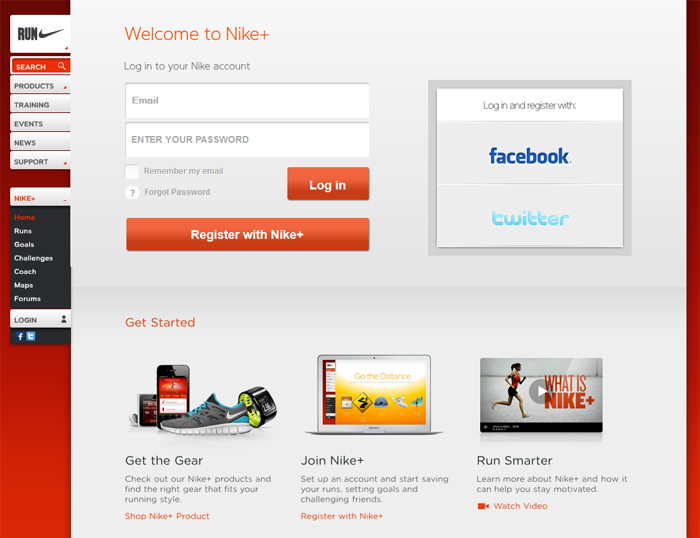This blog post was written in response to Rochelle van der Linde’s blog post on January 16th, titled “Out with the Old, In with the New: A Shift from Traditional Marketing to Contemporary Social Marketing“.
With the rapid development of the Internet and the consequent trends acting as hugely influential technological trends affecting not only what people consume but also how they consume it, I would agree with Rochelle that recent years have seen a rather quick shift from traditional media-based marketing (like ads on billboards, TV, the radio, etc.) to online marketing – specifically on social networks.
It is highly unusual for any major business to not have an online presence these days, and as Rochelle points out many of these companies choose to involve themselves in social networks where consumers have the choice of being marketed to (e.g. by “following” or “liking” a brand/product/business on Facebook) or not. In addition to the benefit of having a much wider audience, as Rochelle mentioned, businesses now have an easier way to gather more research data – faster, cheaper, and more honest than ever before. As one marketer is quoted in our marketing textbook: rather than carrying out slow, costly surveys, a business can “use Twitter to get the fastest, most honest research any company ever heard […] and it doesn’t cost a cent.”

Social media and social networking has changed the face of online advertising, transforming the concept of marketing from being intrusive and "in your face" to something that is an "offer" and invitation for consumers to join in and be heard.
Tapping into social media not only makes it easier for companies to receive direct feedback from consumers, it also makes it much easier to predict trends. Privacy issues will likely continue to be a problem in years to come, but for the moment consumer data (from data mining or tracking recommendation agent data) is easily obtainable and potentially as useful as direct, online customer feedback.
Rochelle points out that greater efficiency, convenience, and a larger target market are all reasons for the shift to social marketing – and obviously I agree. The only point I might argue is that some large companies, such as Nike, are starting to realise (or have already realised) that building a social networking presence has its own challenges, and either instead or additionally created official online community websites specifically for their brand to eliminate dependence on an external host (e.g. Facebook, Twitter) and recapture some control in managing customer relationships.

Nike makes things easy for consumers by offering an online portal for them to track and share their progress officially (e.g. versus posting "6 miles in 36 minutes!" on Facebook) and forums where customers can discuss which shoes they think work best for different types of running styles (e.g. treadmill runner, trail blazer, cement pounder).
Either way, the one thing that is clear is that online marketing, whether through social media or otherwise, is here to stay, and will only become more prominent in the years to come – for sure.
